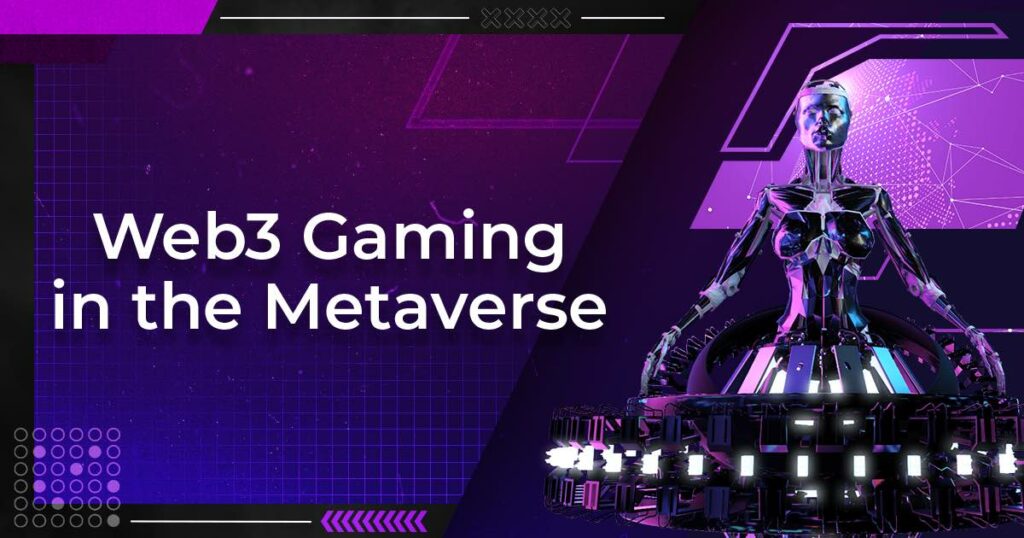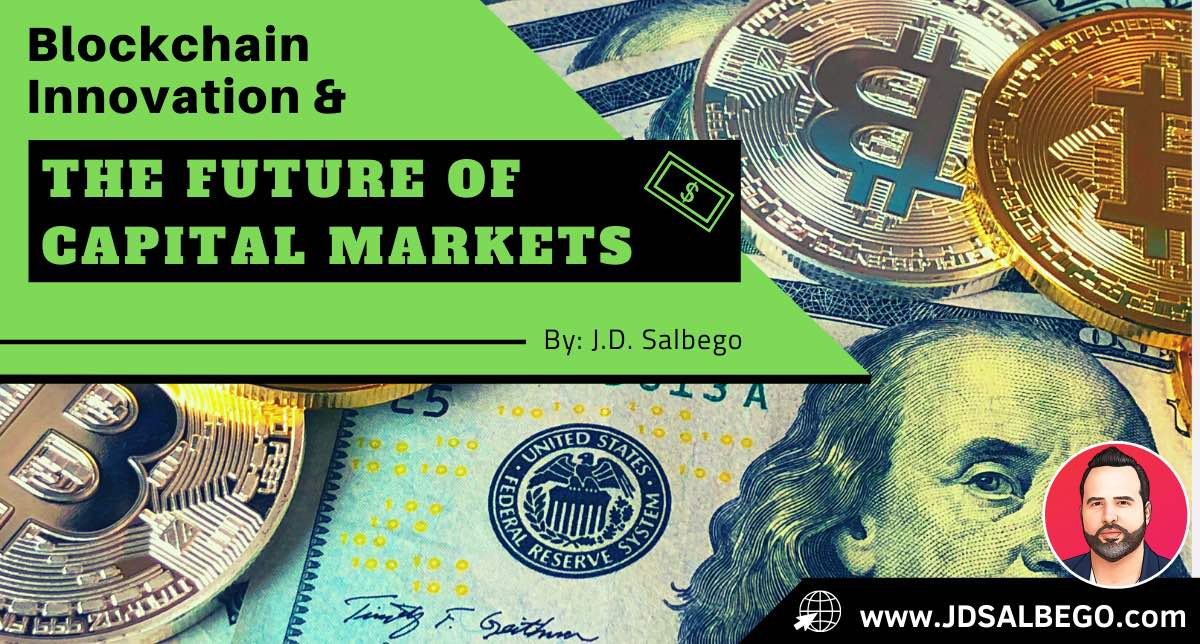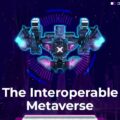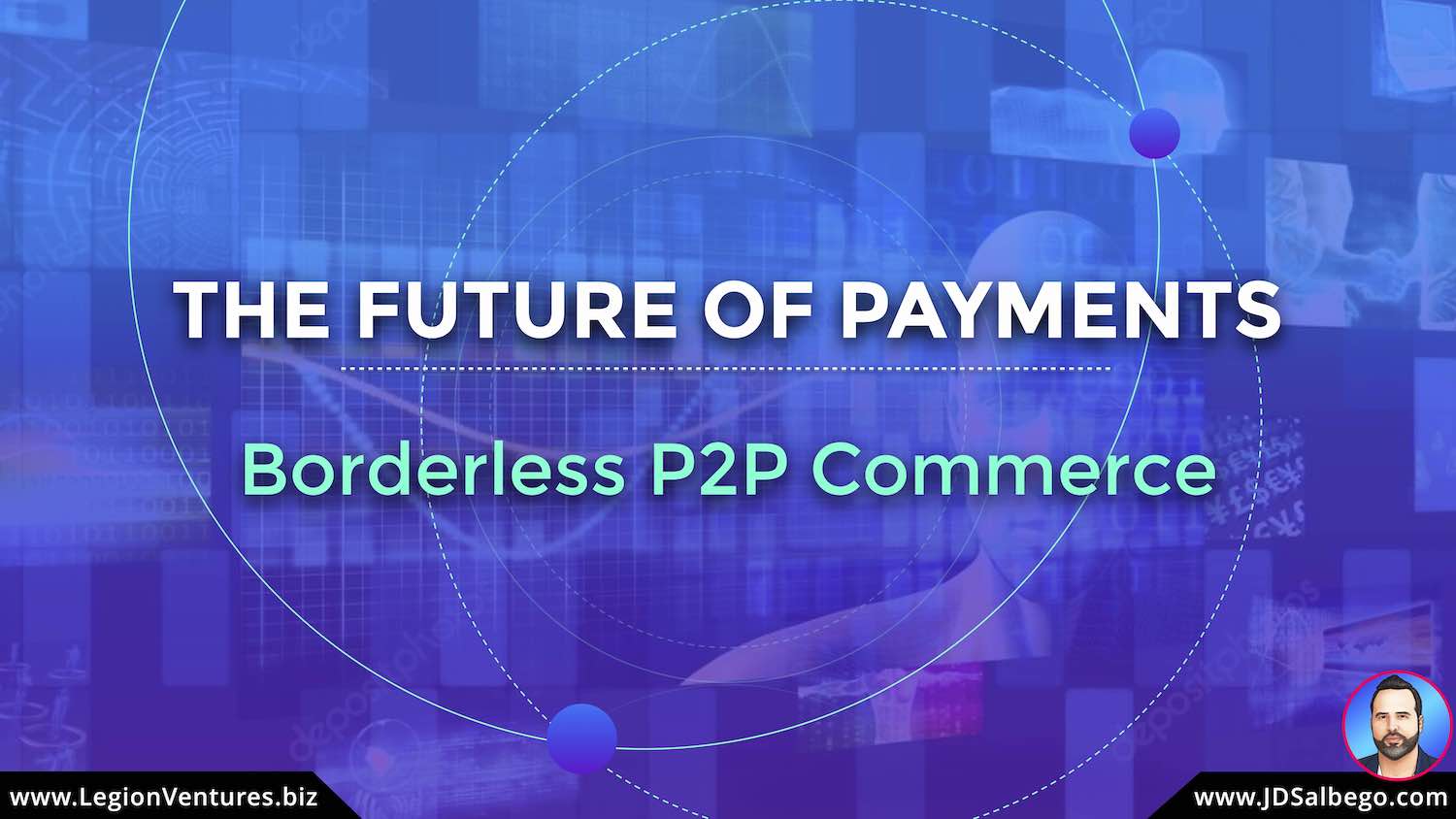Anyone with even a passing interest in the Metaverse will have digested, with a mixture of staggering disbelief and excitement, the eye-watering valuations placed on traditional gaming ($256 billion by 2025), the Metaverse ($48 billion, projected $1 trillion by 2028), DeFi ($240 billion), and NFTs $26.9 billion. Play-to-earn is the entertainment common ground, an enticing decentralized cocktail linking DeFi, NFTS, cryptocurrency and blockchain to monetise video games for players.
Play-to-earn is the next driving force to widespread, global adoption of the decentralized web and the technology underpinning the shift. Which is perhaps why it saw such insane growth in 2021.
As the DeFi Gaming Coalition, an organisation creating an ecosystem where decentralized financial services can be introduced to a broader audience through the world of gaming, state on their website,
“The true value of this new and upgraded gaming ecosystem lies in bringing together three individual industries — decentralized finance, NFTs, and gaming.”
Economic Freedom Through Web3 Gaming
More than a niche sideshow to the triple-A games of traditional gaming, play-to-earn is a blend of video games, culture and finance, an opportunity to generate income, reinvest in NFTs as in-game assets, trade them on marketplaces with other gamers, and then enter the DeFI ecosystem. Economic freedom through gaming. And you don’t even need a bank account to do it.
As was famously demonstrated in The Philippines throughout 2021, lives can and will be changed. But Axie Infinity is only the proverbial tip of the Play-to-earn-Metaverse-iceberg. Aavegotchi, Lost Relics, Gods Unchained, Splinterlands, Alien Worlds, Cryptoblades and AnRKey X’s BattleWave 2323 are played by hundreds of thousands of gamers every day. The technology, graphics, gameplay and story evolving a breakneck speed, platforms and game engines adapting to the clamour. Have you seen Unreal 5?
The Web3 Power Shift in Games
Before we all get ahead of ourselves, for all the jubilation, there are still stumbling blocks to overcome. Centralized gaming companies and hardware developers continue to take the lion’s share of the $250 billion. E-Sports champions and Twitch and YouTube streaming megastars represent only a handful of players generating income through video games. The remaining 2.3 billion players take only enjoyment. Which, detractors would say, should be enough. But it isn’t. Play-to-earn evens out the playing field, a kind of utopian financial leveller giving gamers the potential to be rewarded financially for their time, effort and skills. It shifts the narrative, places the power back where it belongs: with the players. And that isn’t a pithy advertising slogan.
The creative economy economy in Web3 Gaming
Web3 games open many doors for creative, entertainment, competitive and financial exploration, not only downstream (game mechanics, much more on this later) but in production, upstream. In house creators have been joined by online artists and developers who would never have had a shot of working for Ubisoft or EA. Now they can make games and, more importantly, profit from them via subscriptions, mods, or selling NFTs (content, assets). Alternatively they can sell their play-to-earn game outright on decentralized markets.
“The gaming industry, with it’s cross-platform communication tools now readily available for all to use, has become a model of social interaction and human connection globally. As the world continues to move more into purely digital experiences, online games are a key platform for users of any age, gender, and location to come together to socialize around common interests and experiences.”
The future of Web3 games in the Metaverse
So how do games in Web3 ross the chasm and build the player base many believe is inevitable? The answer is removing friction & complexity in Web3 Gaming. No friction, no hassle, no tedious multi-step technical processes. Just maximum upside.
gDEX is a seamless & easy to use Web3 gaming platform allowing chainless experiences with instant one-click onboarding & management of daily gaming operations. The 1st solution in the market that can truly enable Web3 games to onboard the next billion non-crypto Web2 gamers.





